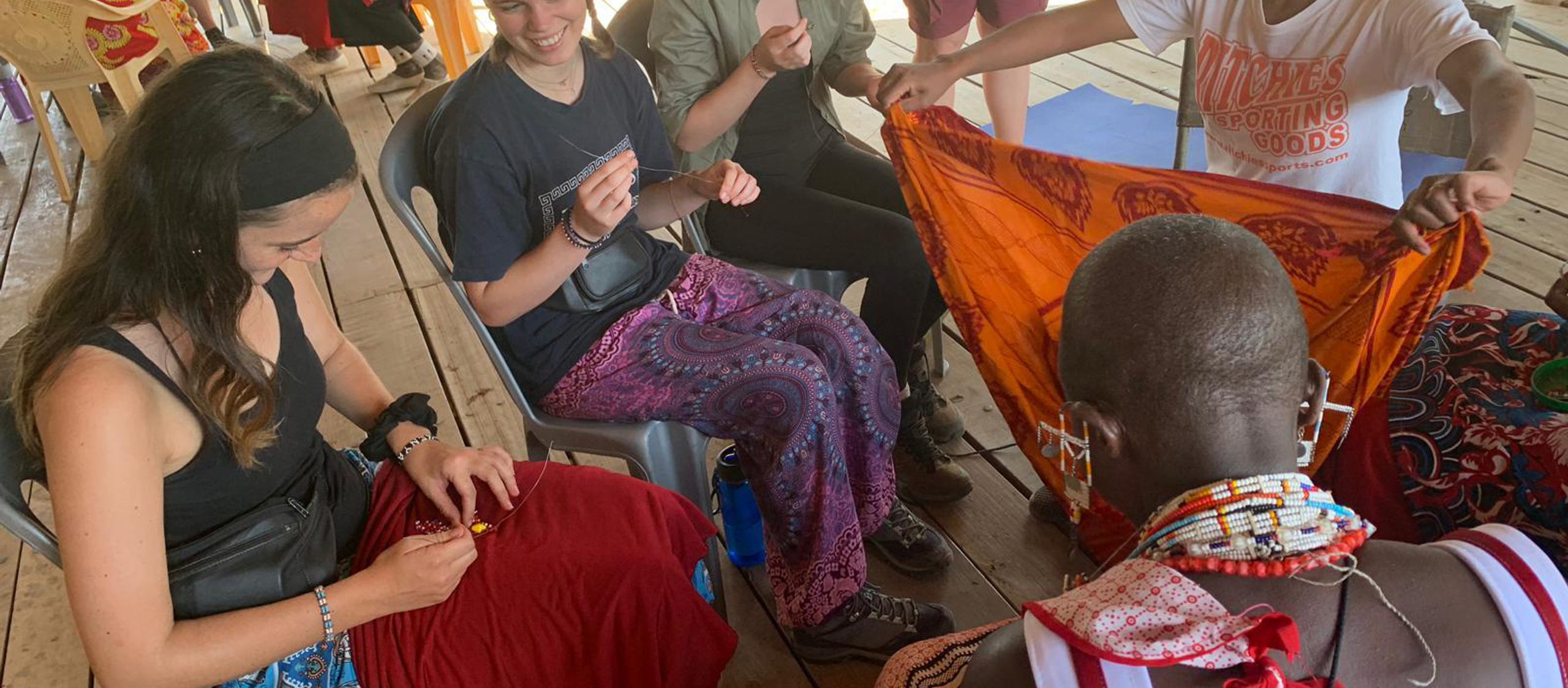Today’s students are tomorrow’s GAP year travellers and lifelong holiday makers. Teachers and tour operators have an opportunity and responsibility to ensure we’re educating young people about the world, but also how to navigate it in a responsible way. There is a duty to ensure these experiences are not only enriching for our students but also ethically sound and beneficial to the communities and places we visit.
Volunteering abroad is a popular component of overseas educational travel programmes. At its best, volunteer projects can be a significant experience benefitting both the visiting and host communities. But there are potential issues too, so it’s important school trips embody the principles of ethical volunteering. We are all on a journey to learn, develop and improve the way we travel.
For schools, the key areas to consider are how, where and why students volunteer. So how can we do this? The best starting point is to ask the right questions, of yourself and your tour operator.
For me, a great sense check question is to ask, ‘What if the trip was reversed?’ For example, would your plan be allowed if it was being done by teenagers from Ghana visiting the UK? If it wouldn’t be allowed here, then it shouldn’t be done overseas either.
Asking why you want your students to volunteer in the first place is also a good question. A common response is often ‘Because it will be good for them’. Whilst understandable, this doesn’t automatically provide value or a positive experience for your host community.
Putting the needs, wishes and personal wellbeing of those being visited at the heart of your plans is a much better approach.

What are the goals and aims of your visit and do these align with the requirements of the community? Be clear about who is benefiting from specific activities and be open to adjust your plans if there is a way to have a more positive impact.
If you’re planning to visit a school abroad, then consider whether your visit might disrupt precious classroom time? One group a year might be a happy addition to a schools’ curriculum. Regular groups, whilst bringing funds and donations, may detract from vital learning, especially in countries where education can be the only way out of poverty. Has this interruption to education been agreed by the students, their teachers and parents/carers? You should also consider what child safeguarding considerations are necessary to ensure children being visited and those visiting are safe.
Images of students holding or playing with local school children are popular mementos from these trips but again, as parents in the UK, we are required to give permission for photos of our children to be taken / used, so are we respecting the same guidelines overseas?
Being honest about the skills and experience your students can bring to the visit is important too. Few teenagers are qualified craftsmen, teachers or medics so the volunteer programme should take this into account. Is the work you are intending to do required or potentially taking jobs away from local people? To avoid the pitfalls of ‘white saviourism’ it’s much better to place the emphasis on equal interaction. Power dynamics and cultural imperialism are real issues when it comes to volunteering and it’s good to be mindful of them.

What else? Choose your project partners well. Align with organisations that have a clear, positive track record in the community or environment. Prepare your students thoroughly. Teaching cultural sensitivity helps prevent the perpetuation of stereotypes and instead promotes a mutual exchange of knowledge and respect. Learning about the local culture, language and customs prior to departure shows respect but also enhances the cross-cultural experience, fostering a more meaningful exchange.
Volunteering abroad, when done well, can offer the chance to make a positive impact. By carefully sourcing project partners, asking the right questions, preparing thoroughly, and reflecting deeply, we can provide students with enriching experiences that adhere to the highest ethical standards.

